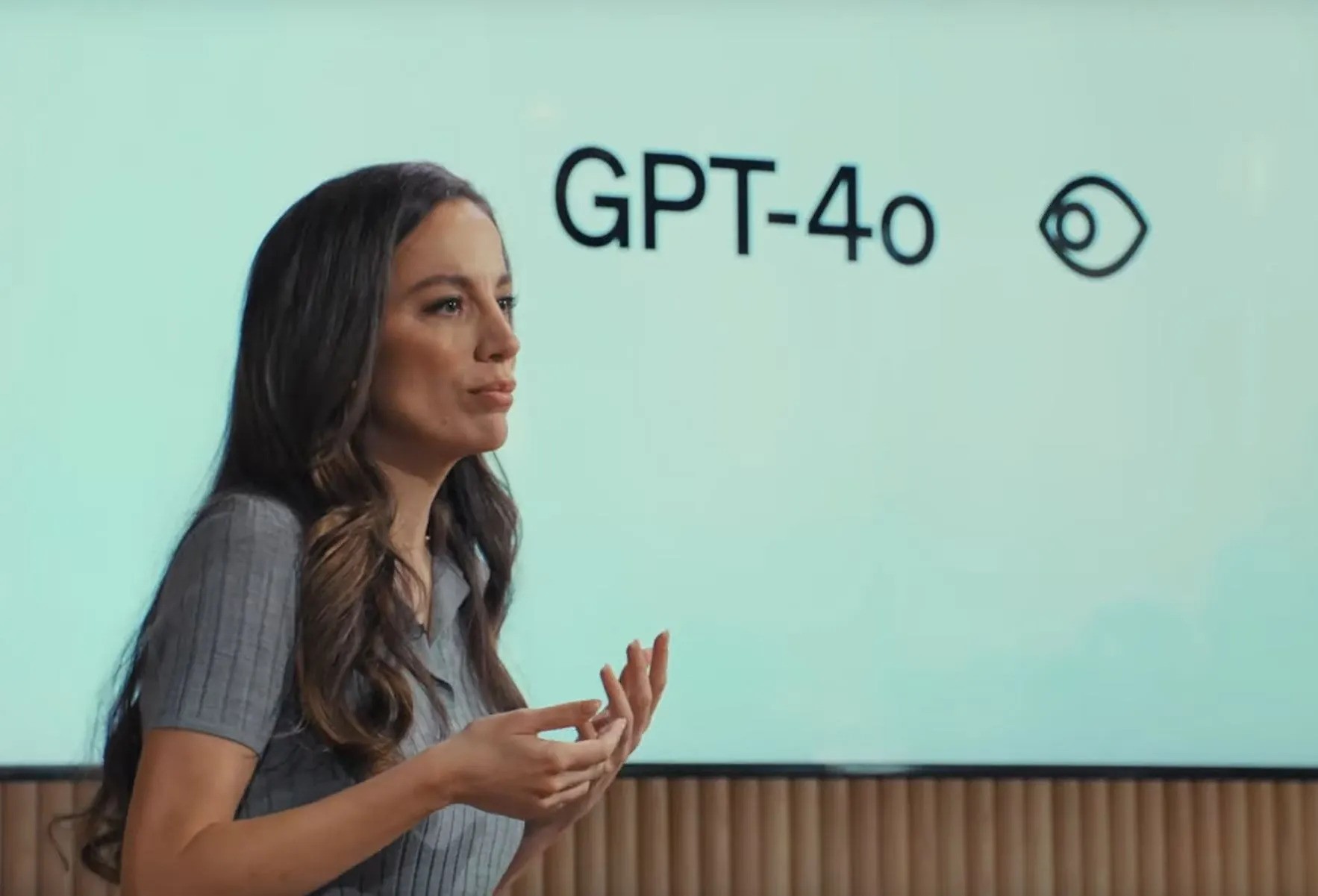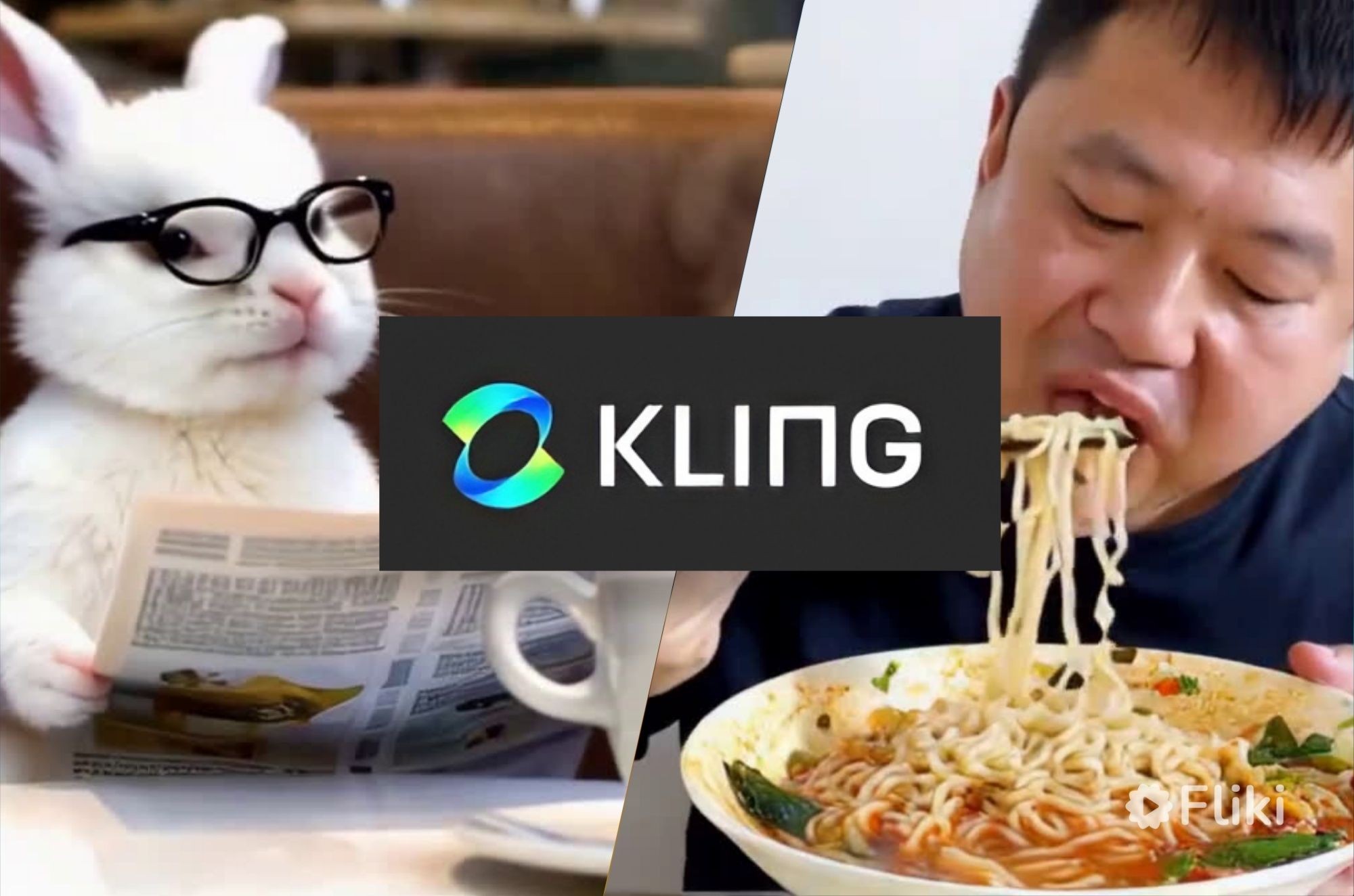Introduction
Artificial intelligence is evolving at an crazy pace, and the recent AI developments are proof that we are entering a new era. From China's latest AI model outperforming GPT-4o to Elon Musk's supercluster making waves, it's clear that we're on the cusp of breakthroughs that will reshape industries and, perhaps, humanity itself.
In this AI roundup, we'll dive into the latest AI news, offering expert analysis on the impact and implications of these advancements. So, grab a coffee and get ready to explore what's shaping the future of AI.

Qwen2-VL: China's AI Model That Outperforms GPT-4o
China's AI landscape continues to impress, with Alibaba's release of Qwen2-VL setting a new benchmark in the industry. This vision-language model is not only faster but also excels at a variety of complex tasks, outpacing GPT-4o in document comprehension and text-image understanding.
The new Qwen2-VL-7B Instruct model gets *100%* accuracy extracting text from this handwritten document. This is the first open weights model (Apache 2.0) that I've seen OCR this accurately. (Thank you @fdaudens for the tip!)https://t.co/AB9r3bKDF0https://t.co/I1i9BNOEKMpic.twitter.com/nAEY7cp1w8
— Dylan Freedman (@dylfreed) September 3, 2024
What makes Qwen2-VL remarkable is its ability to process images of varying resolutions and even videos over 20 minutes long. It's also multilingual, handling European languages, Arabic, Japanese, Korean, and Vietnamese—a feature that positions it as a serious contender in global AI markets.
碉堡了🤯🤯 阿里将 GPT-4o 高级语言模式给开源了⚡️ 阿里正式发布 QWen2-VL!可理解 20+ 分钟的视频,在视觉理解上达到 SOTA!🔥 在线体验 👉 https://t.co/npvkZDDoVC 开源地址 https://t.co/hwPMen4xQ5 演示视频: pic.twitter.com/8RvXWpVtjL
— Tom Huang (@tuturetom) August 30, 2024
How Qwen2-VL can change the AI landscape?
With Qwen2-VL's advanced capabilities, we could soon see AI being used more effectively in fields like education, global business, and even government administration. For example, the model's proficiency in multilingual understanding makes it ideal for applications in cross-border communication and international data analysis. As AI becomes more integrated into society, models like Qwen2-VL could streamline complex operations that require both image and language processing, such as medical diagnostics or legal document analysis.
Qwen2-VL is another reminder that the AI race is truly global. While OpenAI and Google remain dominant players, China's innovations are catching up fast. This model's success suggests we'll see even more sophisticated, globally accessible AI applications in the near future.
OpenAI and Anthropic Partner with the U.S. Government
In a historic move, OpenAI and Anthropic signed agreements with the U.S. Artificial Intelligence Safety Institute (AISI) to grant the government early access to their AI models. This partnership is a significant step toward greater transparency and safety in AI development.
we are happy to have reached an agreement with the US AI Safety Institute for pre-release testing of our future models. for many reasons, we think it's important that this happens at the national level. US needs to continue to lead!
— Sam Altman (@sama) August 29, 2024
The government's involvement is focused on ensuring these models are rigorously tested for potential risks before their public release. As part of the collaboration, the U.S. will provide feedback to the companies, helping to improve model safety, which is crucial given the increasing concerns around AI ethics and regulation.
Why it matters
This agreement signals a turning point in how governments engage with AI. Historically, regulation has lagged behind innovation, but this proactive approach could set the standard for other nations. By testing models for safety before they're unleashed, we can prevent unintended consequences, such as misinformation spread or biased decision-making, from permeating society.
This partnership demonstrates that AI regulation is no longer optional—it's essential. Companies like OpenAI are recognizing that government scrutiny isn't just a hurdle but a necessary step in ensuring AI develops in a way that benefits humanity. As more countries follow suit, this might spark a new era of AI governance.
MiniMax: A Breakthrough in AI Video Generation
Do you remember last year's viral video of Will Smith awkwardly eating spaghetti. No? I’m talking about this one:
It is a famous example of AI video generation's early shortcomings.
Fast forward to today, and it seems that hurdle has been surpassed. Chinese startup MiniMax has introduced Video-01, a new AI model that is receiving rave reviews for its realism and precision.
Video-01 allows users to create six-second, high-definition videos in under a minute, marking a significant leap forward for large video models (LVMs). While still not perfect, especially when it comes to rendering complex human features like hands, MiniMax has outperformed its competitors in this challenging domain.
It’s breakthrough indicates that we are closer than ever to using AI for real-time video production in entertainment, marketing, and education. The ability to generate realistic videos quickly could revolutionize content creation, lowering costs and enabling rapid prototyping.
MiniMax's success is a sign that the future of video creation might rely heavily on AI. This tool could become invaluable for industries like advertising or online education, where dynamic, customizable content is increasingly in demand.
The Race Toward Artificial Superintelligence (ASI): SSI Raises $1B
One of the most exciting AI developments of the week is the announcement that Safe Superintelligence Inc. (SSI), led by OpenAI co-founder Ilya Sutskever, has raised a staggering $1 billion in funding. SSI aims to be the first to achieve artificial superintelligence (ASI), with a focus on safety and ethical AI development.
SSI is building a straight shot to safe superintelligence. We’ve raised $1B from NFDG, a16z, Sequoia, DST Global, and SV Angel. We’re hiring: https://t.co/DmFWnrc1Kr
— SSI Inc. (@ssi) September 4, 2024
With backing from major venture capital firms, SSI is assembling a small, elite team of researchers to pursue the lofty goal of creating an AI that far surpasses human intelligence. This news puts Sutskever's company at the forefront of the ASI race, which is heating up as tech giants and startups vie for dominance.
Why it matters
ASI could change everything—how we work, how we live, and even how we think. The implications are far-reaching, from solving complex global challenges to potentially introducing new risks. The race to ASI is no longer theoretical; it's happening, and companies like SSI are positioning themselves as pioneers.
While the potential for ASI is enormous, the focus on safety is equally critical. It's reassuring to see that SSI is building ethical considerations into its research from the start, as unchecked superintelligence could present significant risks. Expect to see more companies follow SSI's lead, especially as government scrutiny intensifies.
Elon Musk's xAI and the World's Most Powerful AI Cluster
Elon Musk's company, xAI, has just unveiled Colossus, the most powerful AI cluster ever built. Consisting of 100,000 liquid-cooled Nvidia H100 GPUs, Colossus was constructed in record time—just 122 days. This supercomputer is expected to significantly advance AI research and development, with Musk already planning to expand the cluster to 200,000 GPUs.
This weekend, the @xAI team brought our Colossus 100k H100 training cluster online. From start to finish, it was done in 122 days. Colossus is the most powerful AI training system in the world. Moreover, it will double in size to 200k (50k H200s) in a few months. Excellent…
— Elon Musk (@elonmusk) September 2, 2024
With Colossus, xAI's Grok 2 model is now directly competing with OpenAI's GPT-4, and the implications are enormous. A larger, more powerful AI infrastructure means faster training times and more robust AI models that could challenge the dominance of OpenAI and Google.
The scale and speed at which xAI is moving highlight how competitive the AI landscape has become. Colossus could give Musk's team a significant edge in developing new AI applications that are faster and more powerful than anything we've seen before.
I feel that Musk has a reputation for pushing boundaries, and Colossus is no exception. With this supercluster, xAI is poised to become a major player in the AI space. The ability to process more data faster will likely result in more rapid AI advancements, which could have very important implications for industries ranging from autonomous vehicles to healthcare.
Final Thoughts
This week's developments in AI demonstrate that the race for AI dominance is fiercer than ever. From China's cutting-edge models to Elon Musk's AI superclusters, the competition is pushing the boundaries of what's possible. At the same time, partnerships between companies like OpenAI and governments show that safety and regulation are also top priorities.
As we move forward, it will be crucial to keep an eye on these developments, not just for their technological innovations but for their broader implications on society. Whether it's groundbreaking models like Qwen2-VL or the quest for superintelligence, the future of AI is unfolding before our eyes, and it's more exciting—and perhaps a little more uncertain—than ever.



